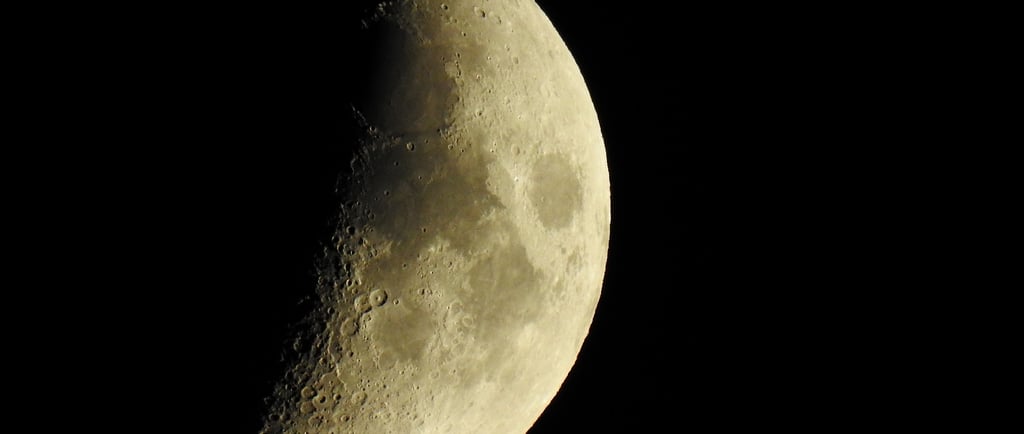Lunar Eclipses
Understanding Lunar Eclipses: Causes and Effects
MOONS OF OUR SOLAR SYSTEMOUR SOLAR SYSTEM


Introduction to Lunar Eclipses
Lunar eclipses are fascinating celestial events that occur when the Earth passes between the Sun and the Moon, resulting in the Earth's shadow obscuring the Moon's surface. These occurrences can capture the imagination of both amateur and seasoned astronomers alike, providing a stunning visual spectacle. This blog post aims to explore the causes and effects of lunar eclipses, unraveling the science behind these remarkable phenomena.
To comprehend the causes of lunar eclipses, it is essential to understand the alignment of celestial bodies. A lunar eclipse takes place during a full moon when the Sun, Earth, and Moon are in a direct line. As the Earth casts its shadow, it can either partially or totally block sunlight from reaching the Moon. This can lead to two types of lunar eclipses: partial and total. In a partial lunar eclipse, only a portion of the Moon enters Earth's shadow, whereas, in a total lunar eclipse, the entire Moon falls within the shadow, often resulting in a striking red hue, commonly referred to as a 'blood moon.'
Effects of Lunar Eclipses
Lunar eclipses have not only scientific implications but also cultural significance throughout history. Many ancient civilizations viewed these events with a sense of marvel and reverence. For instance, the Maya and Aztecs regarded lunar eclipses as omens, fearing that they foreshadowed great changes or disasters. These beliefs shaped their social and religious practices, leading to rituals designed to avert the perceived negative consequences of a lunar eclipse.
In scientific terms, lunar eclipses offer a wealth of information about the Moon's surface and the Earth's atmosphere. As light filters through the Earth's atmosphere and casts a reddish shadow on the Moon, scientists can study atmospheric conditions and gain insights into how various particles scatter light. Furthermore, these events provide unique opportunities for astronomical observations and public engagement with science, encouraging people to look up at the night sky.
Final Thoughts
Lunar eclipses stand as a powerful reminder of the intricacy of celestial bodies and our place in the universe. They are not only scientifically significant but also culturally enriching, intertwining human experience with the cosmos. Observing a lunar eclipse can inspire wonder and curiosity, prompting individuals to delve deeper into the study of astronomy and the natural world. Embracing these moments allows us to connect with our ancestors, acknowledging the same amazement and fascination that they felt when gazing at the moonlit sky.
